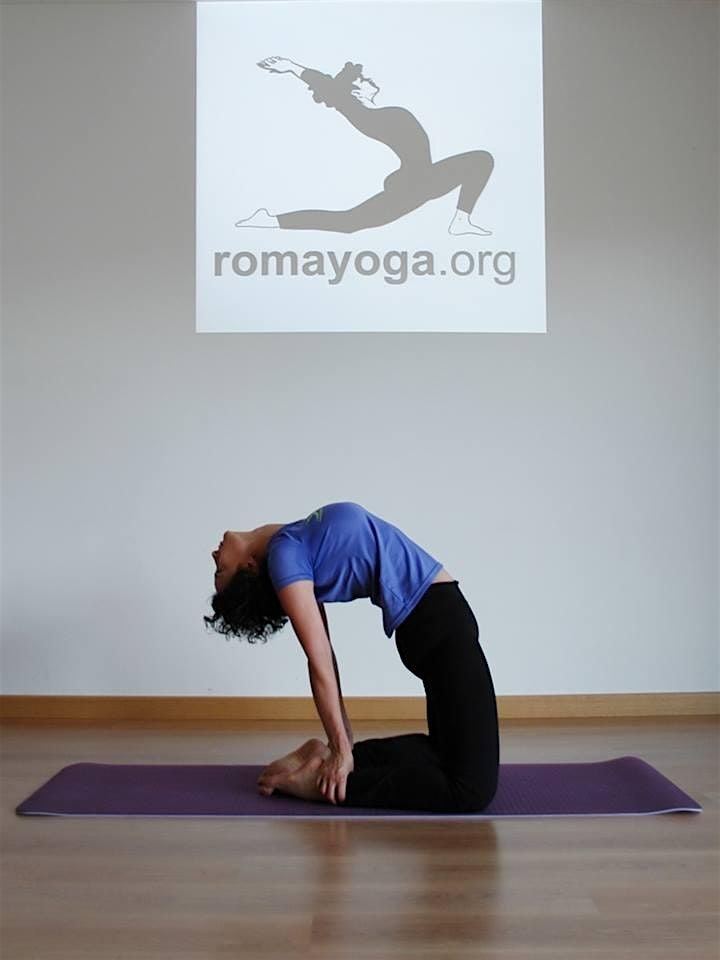The Impact of Toxic Stress from Infancy to Adulthood
Schedule
Sat Feb 22 2025 at 09:30 am to 01:00 pm
UTC-08:00Location
Online | Online, 0

About this Event
Are you ready to move beyond the traditional diagnostics towards dimensions of healing?
This presentation highlights a significant shift in mental health and medical research towards a more integrated and dimensional approach to understanding health, healing, and disease. In 2013, the National Institutes of Mental Health (NIMH) moved away from funding research based on the DSM (Diagnostic and Statistical Manual of Mental Disorders) in favor of the Research Domain Criteria (RDoC), which emphasize six dimensions that cross traditional diagnostic categories. This shift captures a broader move in healthcare towards understanding health on a spectrum, acknowledging a mix of strengths, vulnerabilities, and overlapping processes.
The NeuroRelational Framework (NRF) applies the RDoC dimensions to clinical practice using a developmental lifespan approach that builds resilience. It uses the metaphor of a tree to describe the integration of body and brain: the roots represent arousal and regulation of energy, the trunk represents social processes (engagement), and the branches cover regulation, sensations, emotions, memories, and motor/executive functions. Central to this framework is the sleep-wake cycle and its role in managing stress (allostasis), which, when overwhelmed, leads to toxic stress—an underlying factor in various mental, developmental, medical, and educational issues.
Whether one’s clinical challenge is slanted toward Adverse Childhood Experiences/Trauma, medical conditions and injuries, or Neurodivergence diagnoses (including ASD, ADHD, Learning Disabilities, and more), the concept of “toxic stress” is increasingly referred to as foundational and recognized as an underlying dimension regardless of an individual’s diagnosis and neurodevelopmental capacities which promotes a transdiagnostic approach.
This workshop emphasizes the centrality of toxic stress as a unifying transdisciplinary concept. It aims to translate these understandings into meaningful clinical terminology that a wide range of practitioners can identify, share with parents, and use in their practice.
Dr. Lillas’ personal experience with her premature twins thirty years ago led her to develop the NRF as a holistic approach to address the fragmented care system. Her presentation will encourage participants to apply the NRF’s dimensions to personal self-reflection and health understanding.
Try out the NRF’s innovative tools (with video support) before the workshop! Go to https://nrfcare.org/starter-kit/ to sign up for a Free Starter Kit.
Learning Objectives
At the conclusion of the program, participants will be able to:
- Recognize key biomarkers for primary stress responses. Identify two biomarkers associated with each of the four primary stress responses.
- Identify key dimensions of toxic stress to support medical necessity documentation and evaluate intervention efficacy. Pinpoint three core dimensions of toxic stress that can be applied to demonstrate the medical necessity for intervention and whether the treatment support is reducing or eliminating toxic stress.
- Distinguish between subcortical (bottom-up) and cortical (top-down) functions. Understand the difference between bottom-up (subcortical) and top-down (cortical) brain functions and their roles in stress responses.
- Describe triggers and tools for various functional areas. For the body, sensations, emotions/memories, and executive functions, describe one trigger and an associated toolkit to manage each.
About the Presenter
Connie Lillas, PhD is a Licensed Marriage and Family Therapist (LMFT), Registered Nurse (RN) and the Founder and Executive Director of the NeuroRelational Framework (NRF) Institute – Research to Resilience. She is also a National Graduate ZERO TO THREE Leadership Fellow with a background in high-risk maternal-child nursing, family systems, developmental psychoanalysis, early intervention, and infant mental health. Connie holds a private practice specializing in dual diagnosis for developmental delays and mental health concerns in infants, children, teens, and their families.
Dr. Lillas trains professionals locally, nationally, and internationally on the NRF, which she co-developed and detailed in her book Infant/Child Mental Health, Early Intervention, and Relationship-Based Therapies: A Neurorelational Framework (NRF) for Interdisciplinary Practice (part of W.W. Norton’s Interpersonal Neurobiology Series). The NRF is currently active in four U.S. communities and one in Canada. Connie’s previous work in Los Angeles County involved integrating the NRF’s curriculum on toxic stress into training for child and family social workers in the country’s largest child welfare system.
Dr. Lillas' latest project, 3 Steps to Resilience – A Foundations Manual for Interdisciplinary and International Use (2022), focuses on building cross-disciplinary teams and creating a common language for collaborative, holistic healthcare outcomes.
For more information about the Reiss-Davis Graduate School at Vista Del Mar Saturdays at the Center Continuing Education Series, visit https://www.reissdavis.edu/upcoming-ce-events.html
Reiss-Davis Graduate School
3200 Motor Avenue, Los Angeles, CA 90034
www.reissdavis.edu
Vista Del Mar and RDGS staff, students, and alumni may register for this event with the discount code provided.
Cancellations and Refunds: Please note the following policy supersedes any and all Eventbrite policies on refunds: Cancellations received at least ten working days before the workshop are refundable less a $20 administrative fee per registrant. No refunds will be made thereafter. Please note that if you register and do not attend, you are still liable for full payment. A colleague may be substituted for no extra charge as long as written notification is received by the administrative office at least two business days before the conference. The expense of continuing education, when taken to maintain and improve professional skills, may be tax-deductible.
Continuing Education: 3 CE Credits are available for Psychologists, LCSWs, LMFTs, LPCCs, and LEPs.
Reiss-Davis Graduate School is a program of Vista Del Mar Child and Family Services.
CPA Accredited: Vista del Mar Child and Family Services is approved (VIS-002) by the California Psychological Association (CPA) to provide continuing professional education for psychologists. The California Board of Behavioral Sciences (BBS) now recognizes CPA continuing education credit for license renewal for LCSWs and MFTs. Vista Del Mar Child and Family Services maintains responsibility for this program and its contents.
Important notice to participants: Participants who attend a scheduled event in full and complete the appropriate evaluation form will receive 3 CE credits. Please note that credit will only be granted to those who attend the entire workshop. Those arriving more than 15 minutes after the start time or leaving before the workshop is completed will not receive CE credit.
Where is it happening?
OnlineUSD 63.99


















